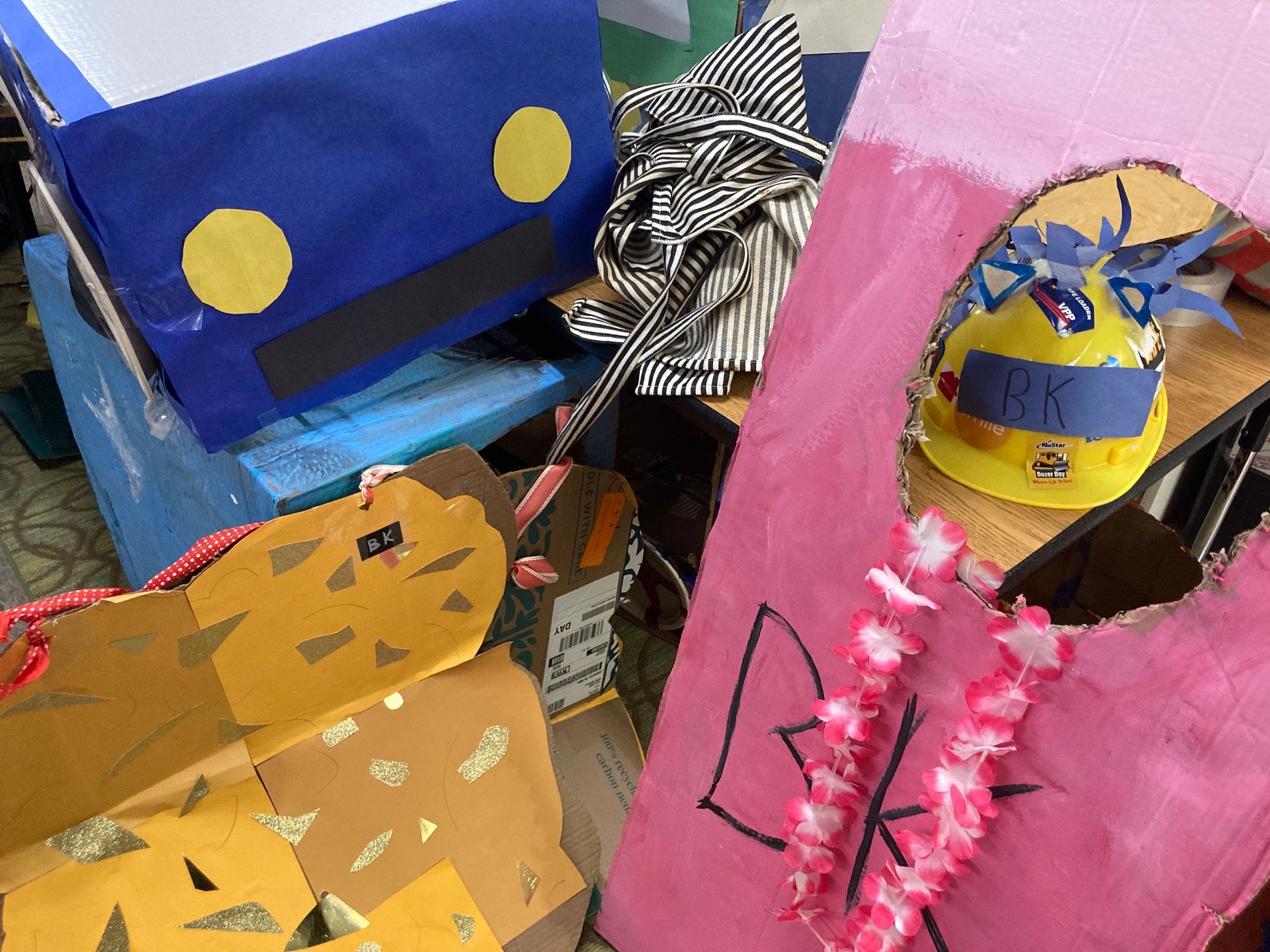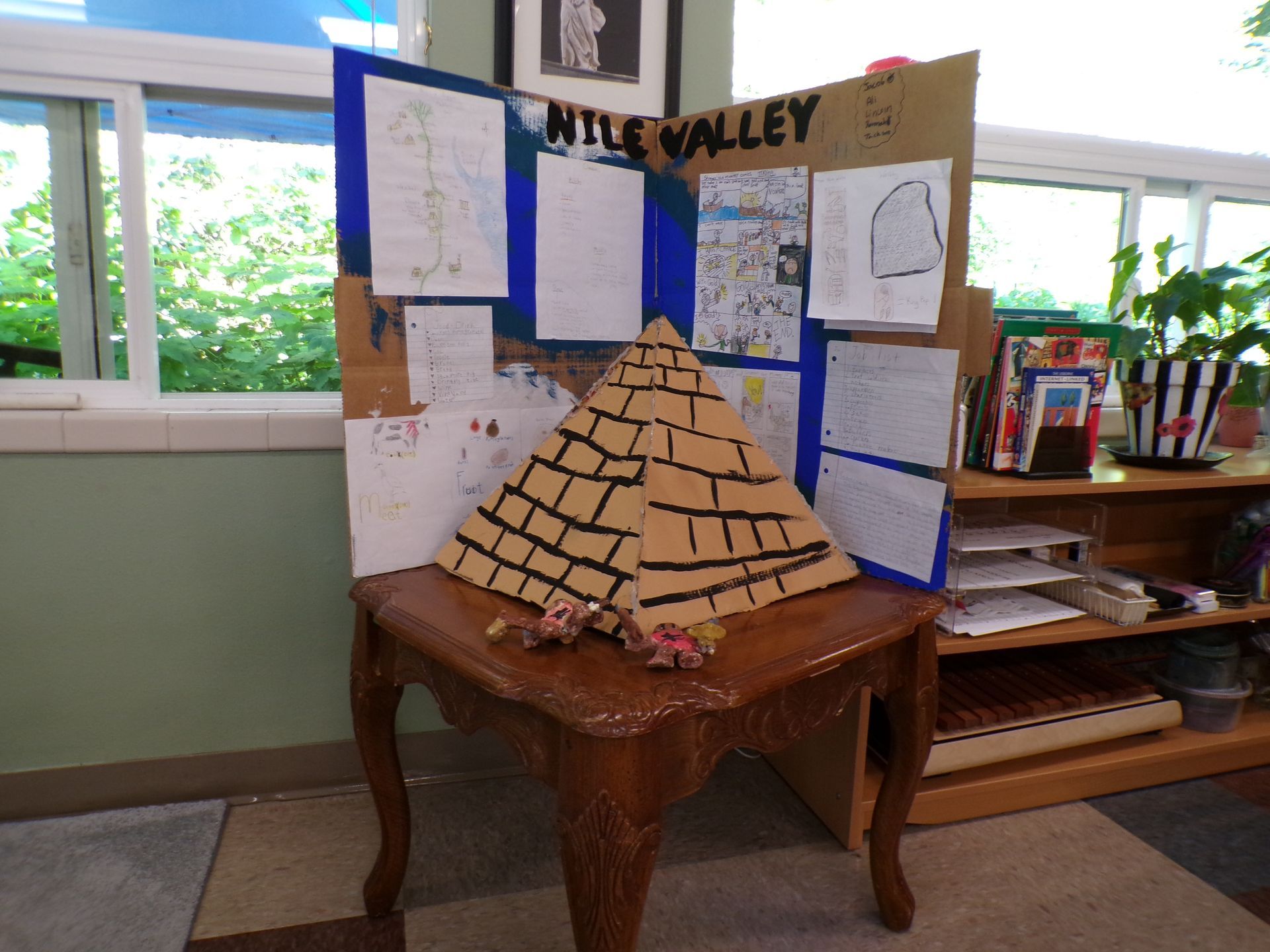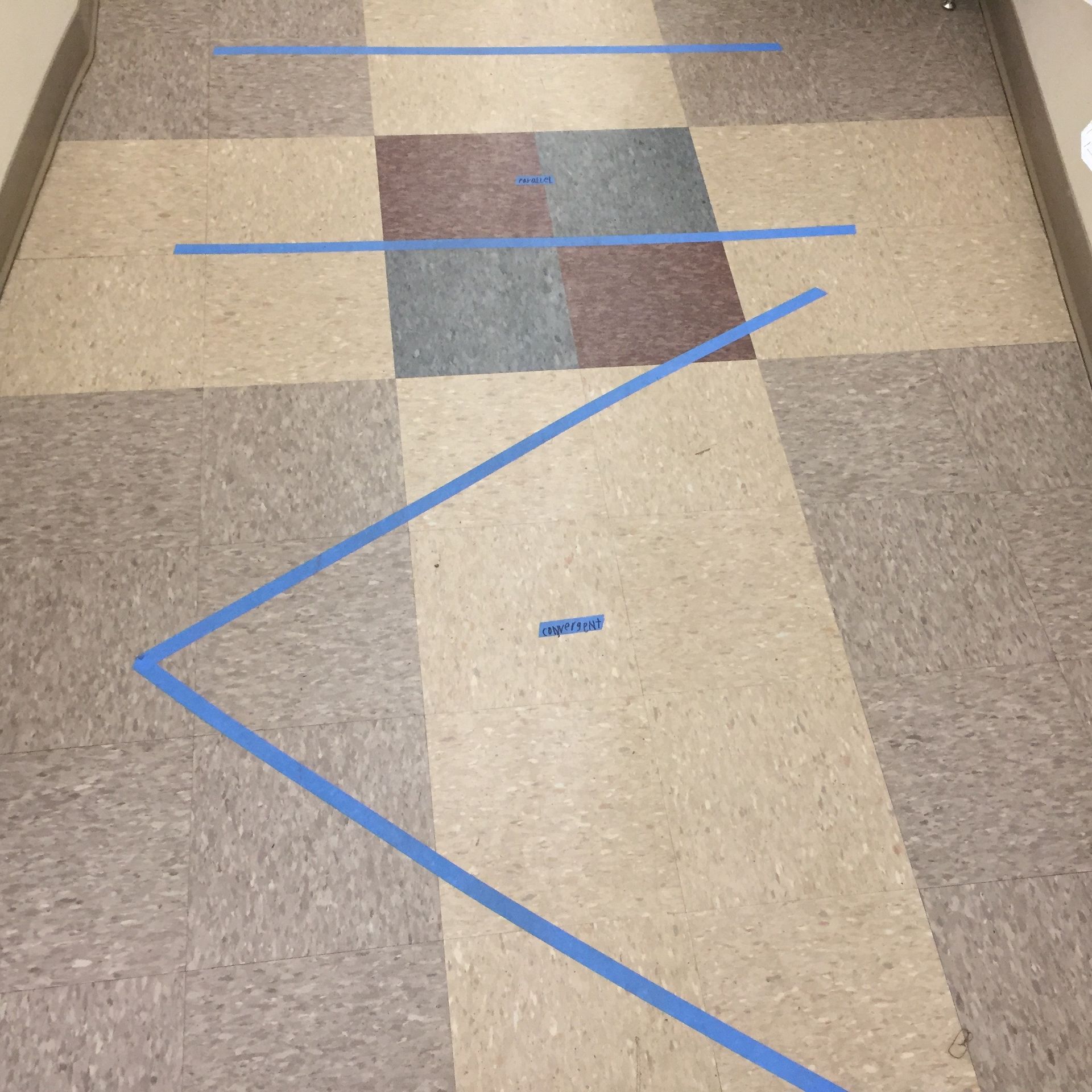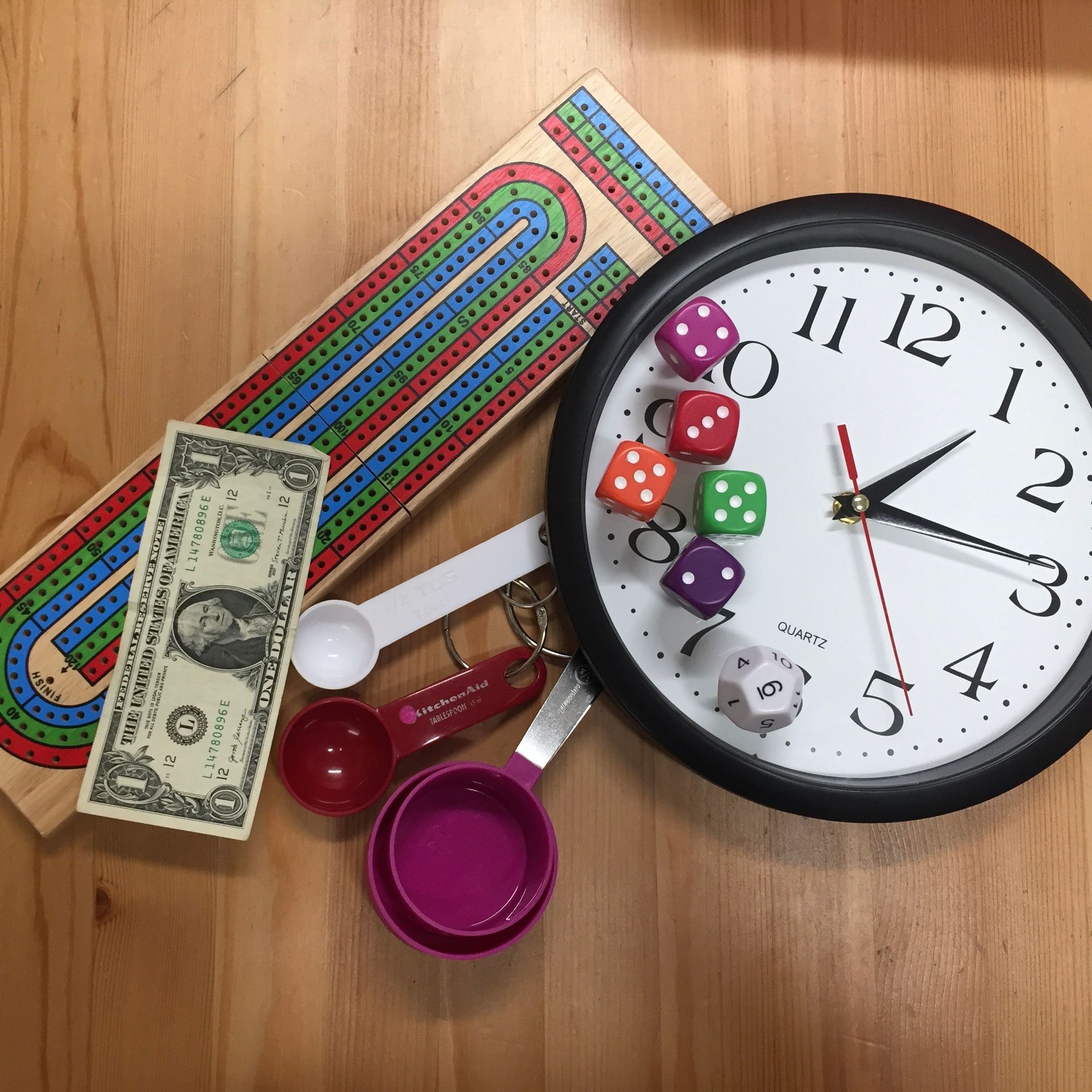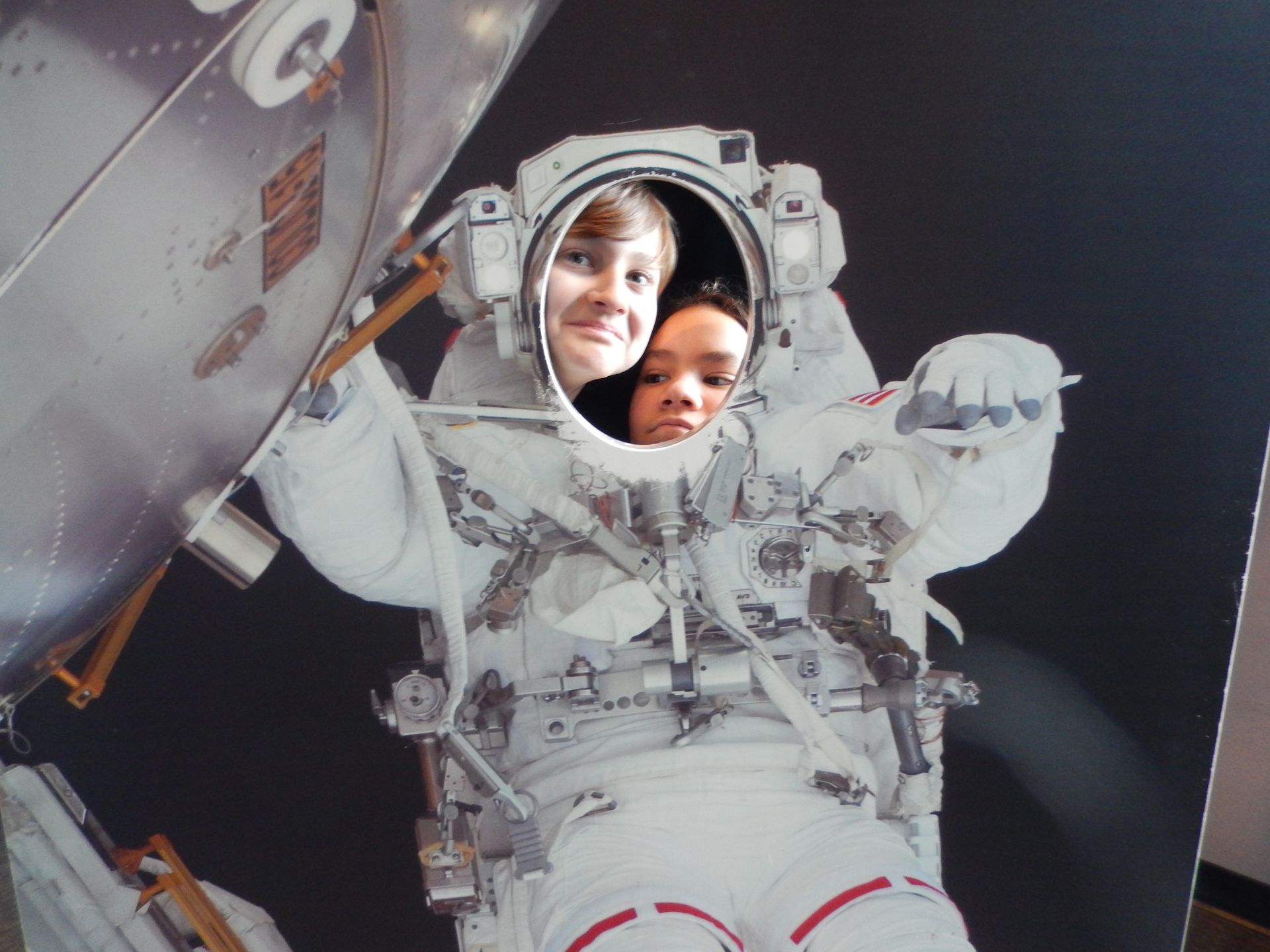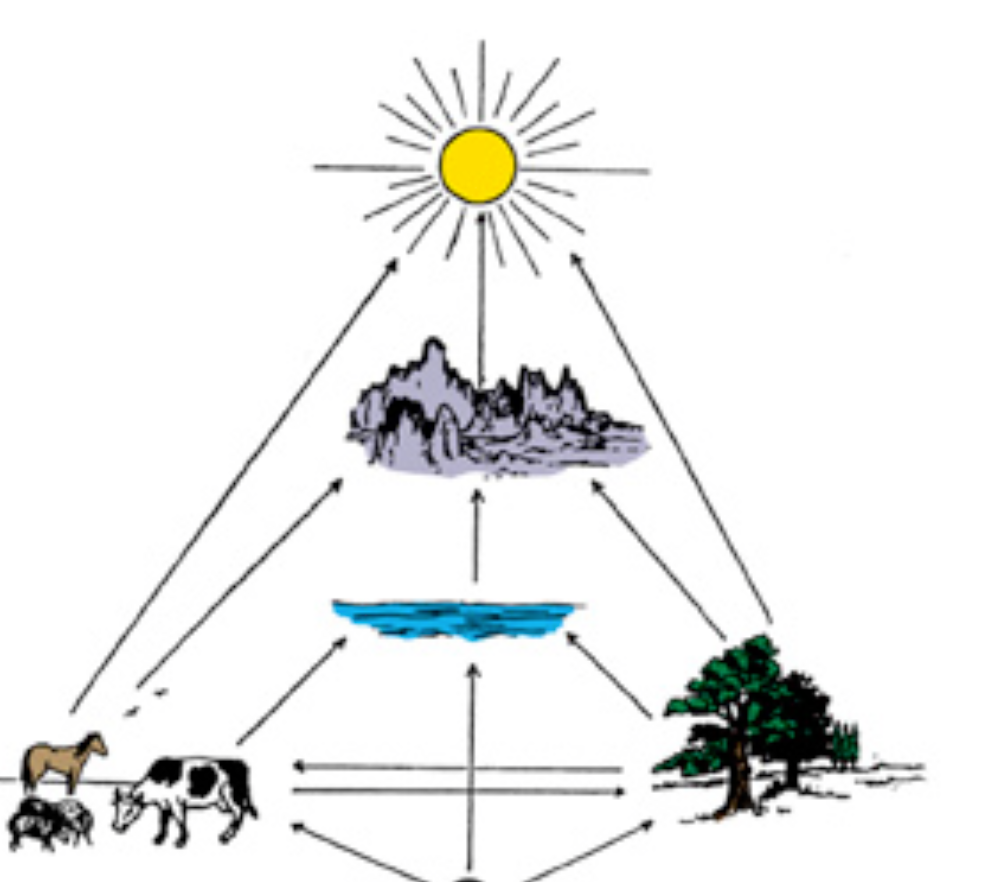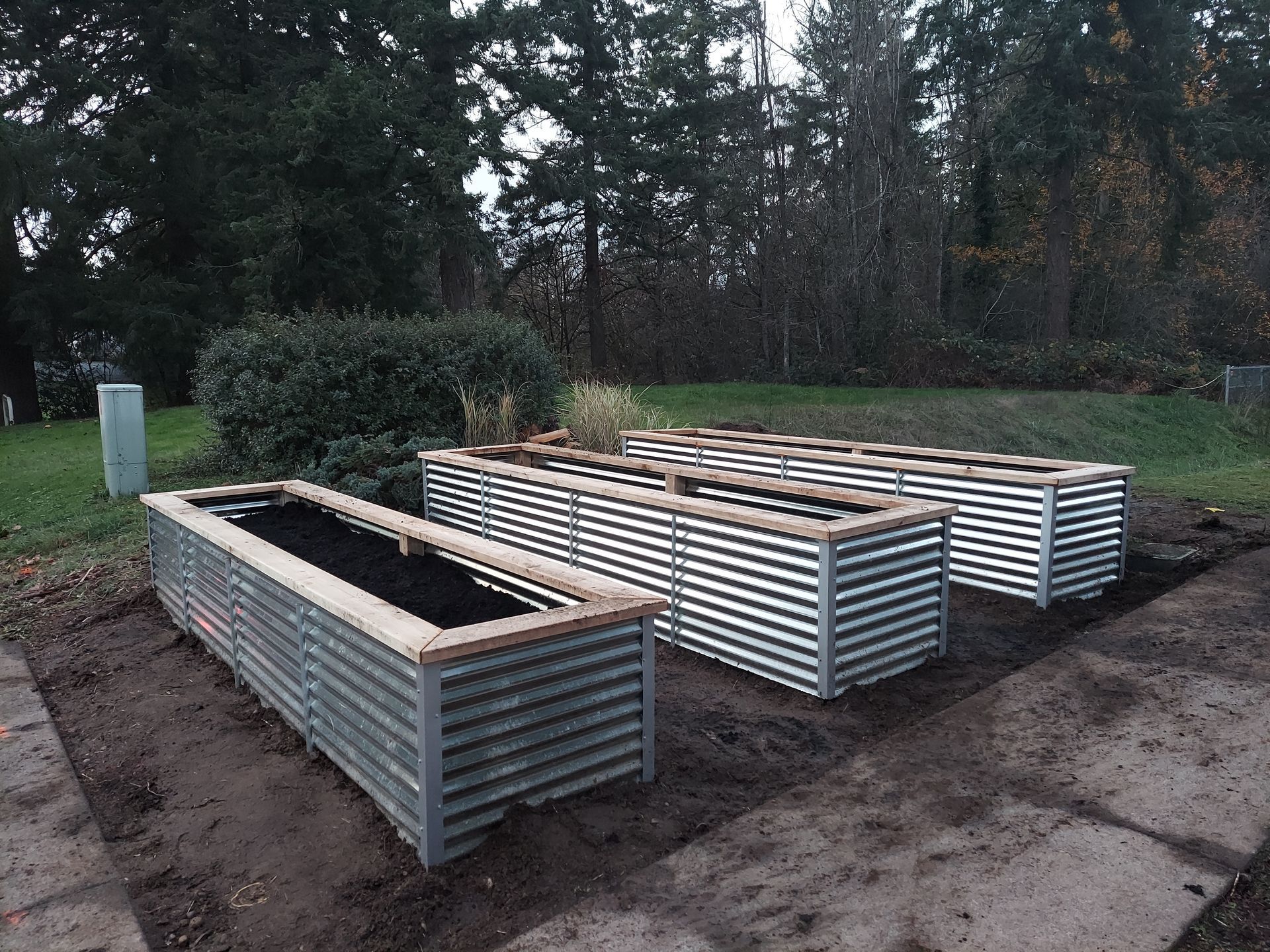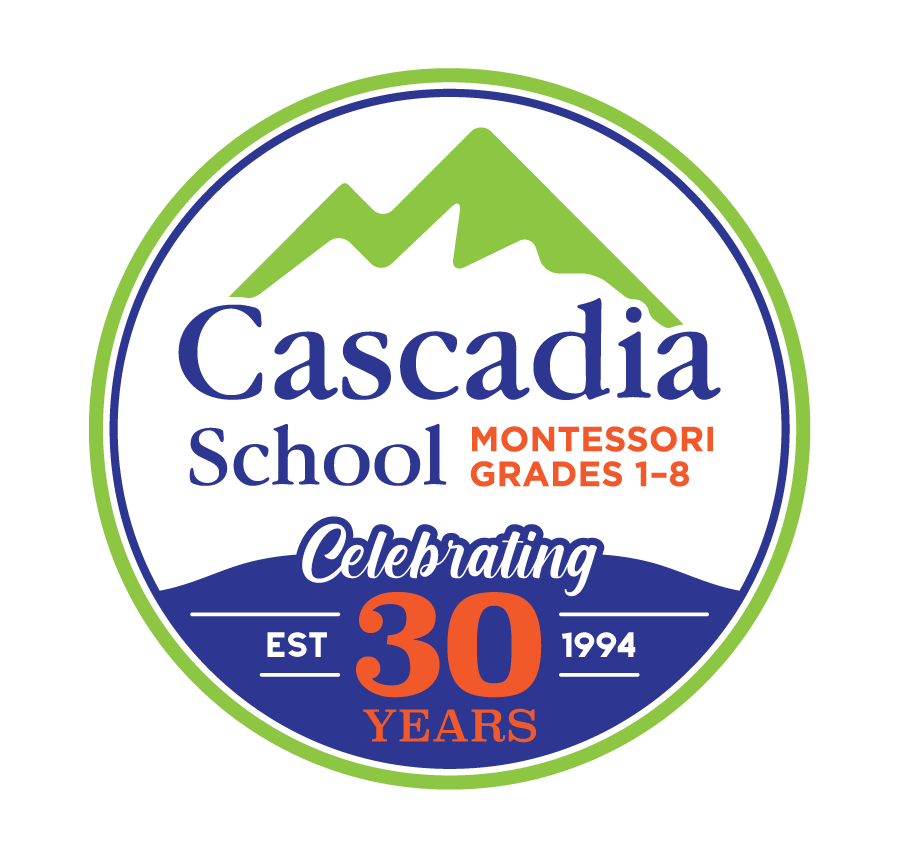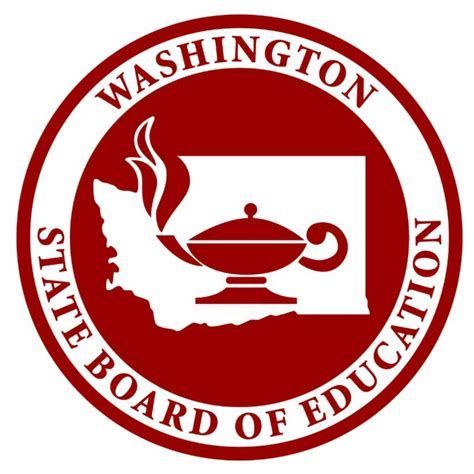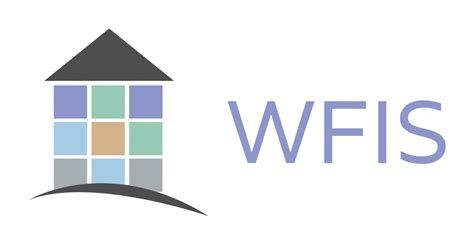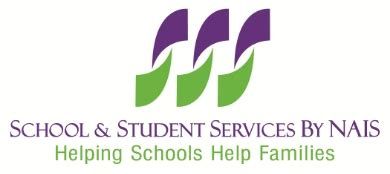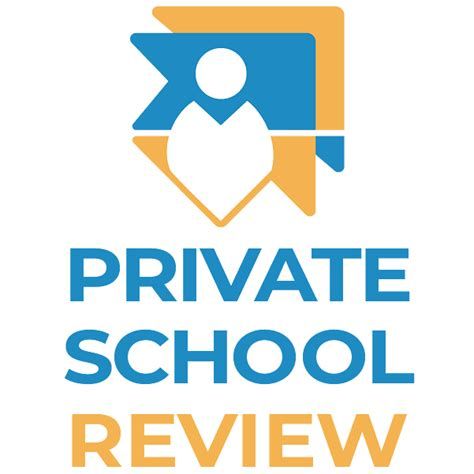The Prepared Environment at School and at Home: Education for Life
The prepared environment is Montessori lingo for a space or area that is thoughtfully and knowingly designed, keeping in mind the children who will be using it and their developmental needs. The prepared environment promotes freedom of movement and communication and growth in independence, at all ages. This can mean something as simple as providing young children with furniture and dishes that are proportionate to their bodies, but it also encompasses the activity options (work choices) available to the children, the other people who will be present in the environment, and the preparation of the adult in that space. As children grow, the environment that is appropriate for them will change.
At Cascadia, each classroom is thoughtfully prepared with the students and their needs in mind. During the summer, guides and assistants lovingly set up their classrooms, thinking carefully about the location and availability of various learning materials and supplies, and the layout of furniture, based on their years of experience and the recommendations of their Montessori teacher trainings.
They think about things such as the balance of creating enough space for freedom of movement as well as areas for concentrated or collaborative work. They create hand-made materials designed for the developmental stage of various children and place these purposefully throughout the classroom. In contrast to traditional education, learning materials in Montessori education are displayed on open shelves from which children can freely choose - the whole classroom and everything in it is literally a “learning apparatus”, and each material, area, and person in it is a learning opportunity.
As the year progresses, guides and assistants adjust their classroom environments based on their observations of the various needs of the specific children in their classrooms that school year. It is an amazing process, and we are so thankful for our dedicated staff who do it!
There are some simple things you can do at home to prepare the environment, too! First off, you can prepare yourself by finding out more about implementing Montessori at home. You might consider reading this article about
Montessori Beyond the Classroom.
Consider your child’s growth in independence. What more could my children do for themselves? What supplies do they need in order to do this? Think about the size and location of items they need for a favorite activity, or if there are the tools and cleaning supplies necessary for a practical life activity, such as preparing their own snack or looking after pets. Look again at other organization systems in your home; are there consistent places to find things and put things back after use? Are the locations accessible for your child? In general, what helps or hinders your child to do things for themselves?
Simplifying can be the key. Especially after the holidays, decluttering can help your child! With new toys or gifts coming in during the holidays, you might think about what can go. For children, less is more!
We’ll leave you with two inspiring quotes from Maria Montessori:
“We found individual activity is the one factor that stimulates and produces development.”
“To assist a child, we must provide him with an environment which will enable him to develop freely.”
To find out more about preparing the environment for children from birth to 6, watch this THRIVE parent ed recording:
Montessori at Home: The Prepared Environment with Dolores Vazquez.

PROGRAMS
Cascadia School is a 501(c)(3) Nonprofit Organization
Privacy Policy | Accessibility
Cascadia School
Cascadia School

